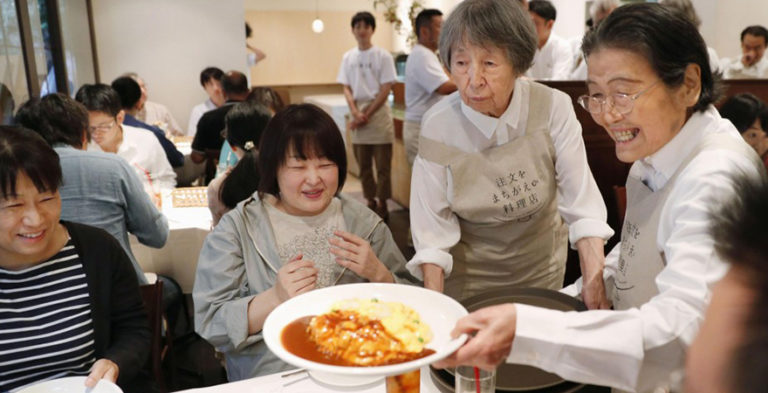Dementia and living a meaningful life
What gives our lives meaning is different for every one of us. DTA Executive Director Professor Richard Fleming writes for HelloCare.

What gives our lives meaning is different for every one of us.
For some it may be caring for children or grandchildren, for others making an impact in a chosen profession, or studying history, travelling, singing in a choir, getting one’s hands dirty in the garden, swimming in the ocean.
As we get older, and more physically and mentally frail, opportunities to connect in a meaningful way with other people and the world around us may gradually diminish.
For a person living with dementia in an aged care facility, those opportunities may no longer exist. This is a loss for the person themselves, and it places a burden on the system and the people caring for them. And it’s something we can change.
There are many examples of aged care providers making simple changes to help residents connect and find meaning. Hydroponic gardens so residents can grow their own vegetables for visiting families. Play areas that make aged care facilities inviting places for families with young children. Opportunities to peel vegetables in kitchens, or tinker in garden sheds. A mural to look at, instead of a brick wall.
Meaning is about the foundation of the desire to live; it’s what gives life its forward thrust. A sense of meaning is one of the three ingredients of ‘salutogenesis’, and probably the most important of all.
Salutogenesis means ‘sources of health’ from the Latin word ‘salus’ (health) and the Greek word ‘genesis’ (source).

